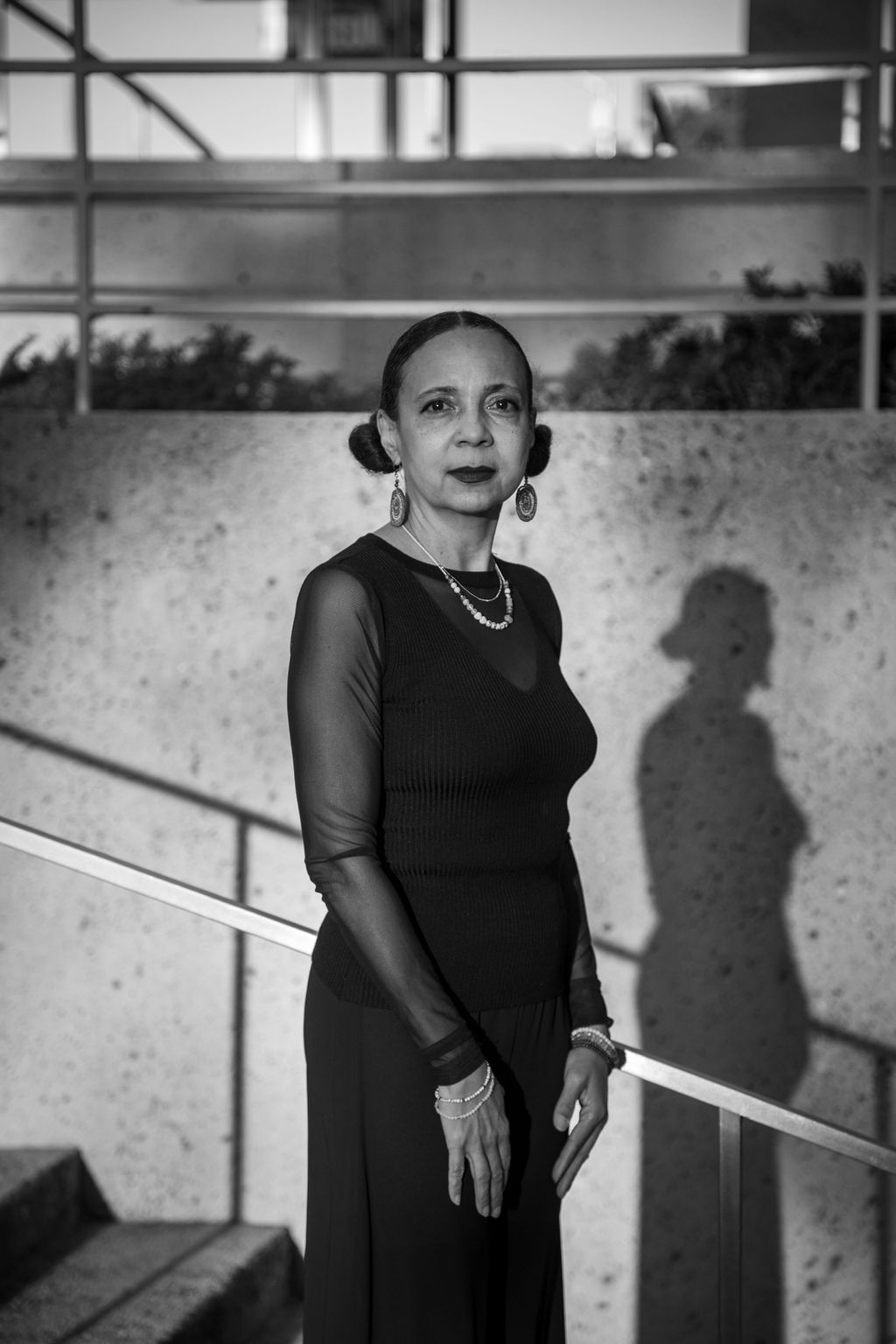Alright – so today we’ve got the honor of introducing you to Dimitrea Tokunbo. We think you’ll enjoy our conversation, we’ve shared it below.
Dimitrea, thanks for joining us, excited to have you contributing your stories and insights. We’d love to hear about a project that you’ve worked on that’s meant a lot to you.
When I was in elementary school, a librarian handed me a book about a young poet. Something about this person’s story touched me deeply and I never forgot it.
Years later, as a teenager taking illustration classes at Moore College of Art and Design, I met a young poet who reminded me of the poet in that book I read as a child. We vowed to each other that when we grew up, we would collaborate on a children’s book about that poet whose name was Phillis Wheatley, the first African author to have a book published in America.
In my thirties and after giving birth to my second child, I got a surprise manuscript in the mail from my friend. She remembered my dream. I immediately began work on sample illustrations for our pitch. I did not realize back then that this project would become my life’s plumb line. After about 29 rejection letters, my friend bumped into writer’s block and gave me permission to try and go it alone. Once believing that my challenges with dyslexia would prevent me from becoming an author, I just couldn’t give up and decided to give it my best effort.
I went to the local library and checked books about writing for children. The librarian encouraged me to read books like the one I wanted to create. My determination to tell Wheatley’s story propelled me into an exploration of the publishing industry and expanded my artistic practice. It became my quest to fill the gaps where history books fell silent concerning Wheatley’s life and African connections.
Meanwhile—-I went through a divorce, my children grew up and went away to college but I would still find time to continue working on this dream. I studied Wheatley’s favorite texts, read contemporary works by West African women, and began my own ancestral research. These efforts not only led to related employment opportunities, the traditional publication of five children’s books, and many speaking engagements, but eventually led me to go back to college, after more than 25 years, to finish my undergrad degree. In one of my classes, I found out that there was ‘such a thing’ as an MFA in Comics. I was suddenly excited to also go to graduate school.
When it became time to choose my thesis, you may have already guessed where I wanted to focus my research. It had something to do with a certain poet…Having recently graduated from the Comics MFA program at California College of the Arts, my thesis is now my current project, Colored, a graphic hybrid memoir that weaves together Wheatley’s story with my own. Spanning two centuries, it examines the shared challenges of being Black women artists navigating systemic racism, balancing motherhood and pursuing creative expression. Through Colored, I explore frameworks that address the intersections of race, class, gender, and oppression while celebrating the resilience and creativity that foster liberation. This project embodies my commitment as an artist to use storytelling as a vehicle for both personal and societal growth.
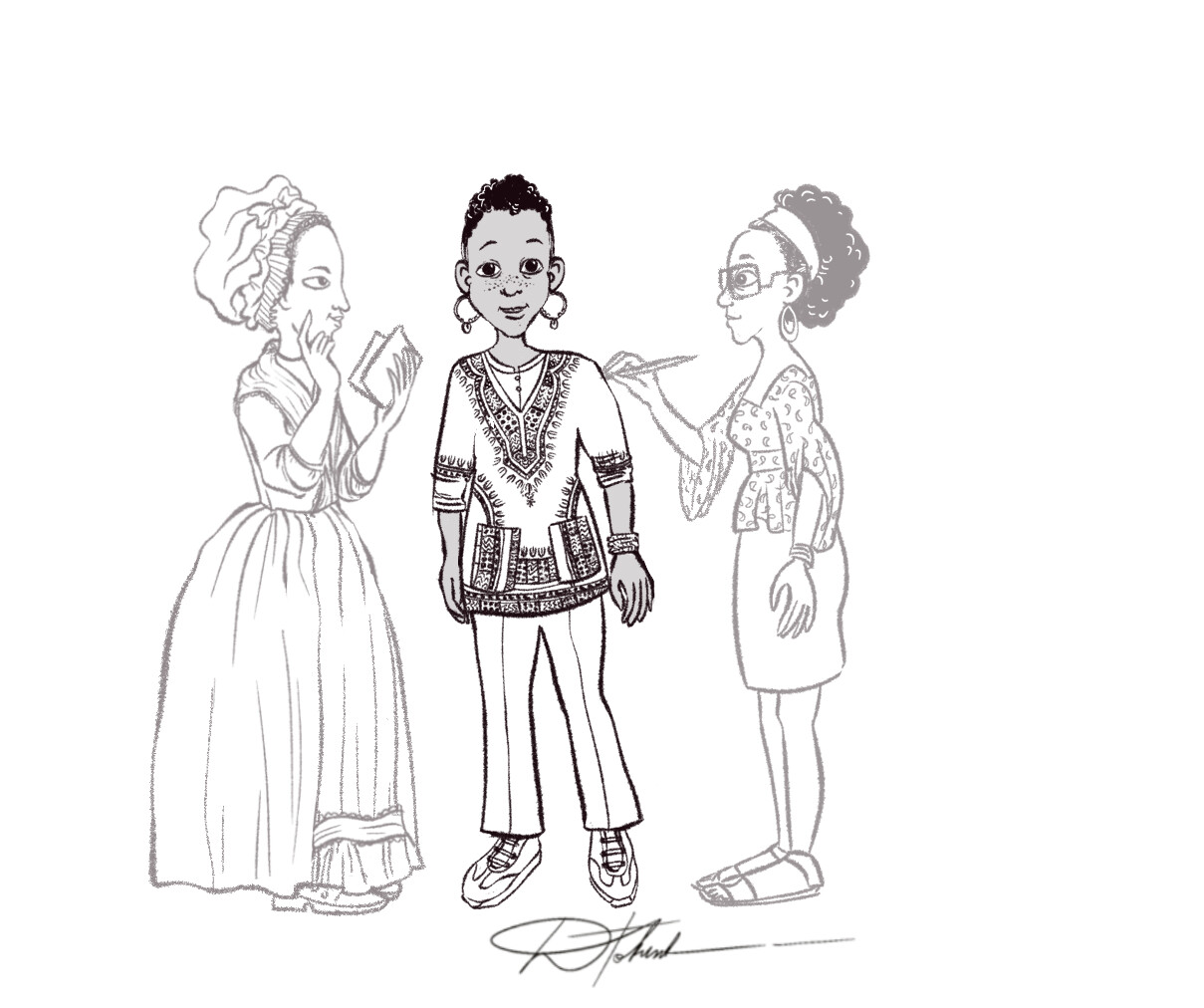
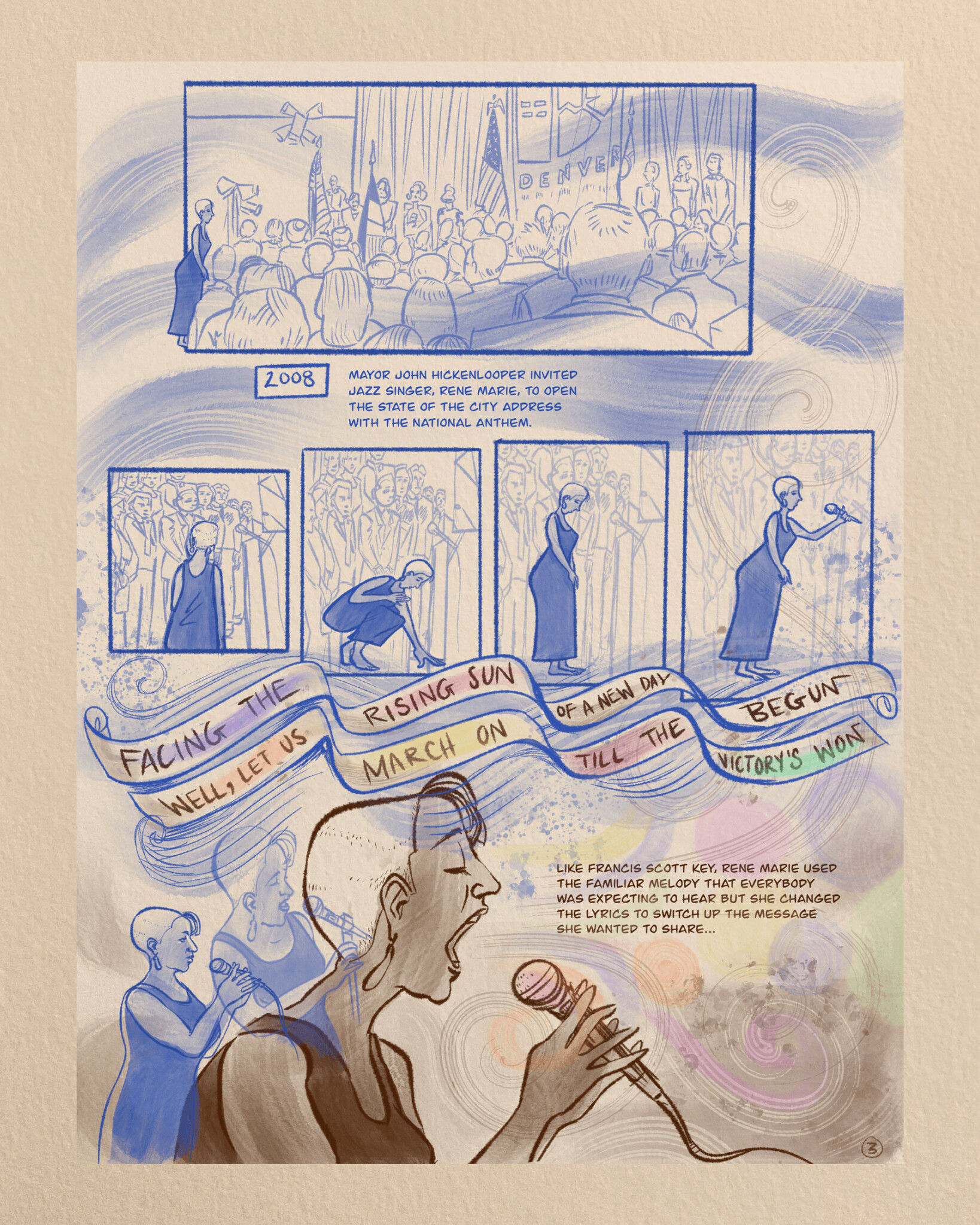
Dimitrea, love having you share your insights with us. Before we ask you more questions, maybe you can take a moment to introduce yourself to our readers who might have missed our earlier conversations?
I have always been in awe of cartoonists and comic creators. As an artist and lover of language, I knew I wanted to create books but I didn’t believe I could be a cartoonist. Now I know those limiting thoughts could not hold me down. Later in life, I discovered I am a cartoonist. I am still learning new things, gaining new skills. As I work on my hybrid memoir, I am also producing mini zines that give me a chance to amplify marginalized voices. I use comics to write about Black History and focus on the humanity of my subjects beyond popular talking points. I also enjoy creating journalism comics and stories for graphic medicine [ie. comics that deal with healing and well-being].
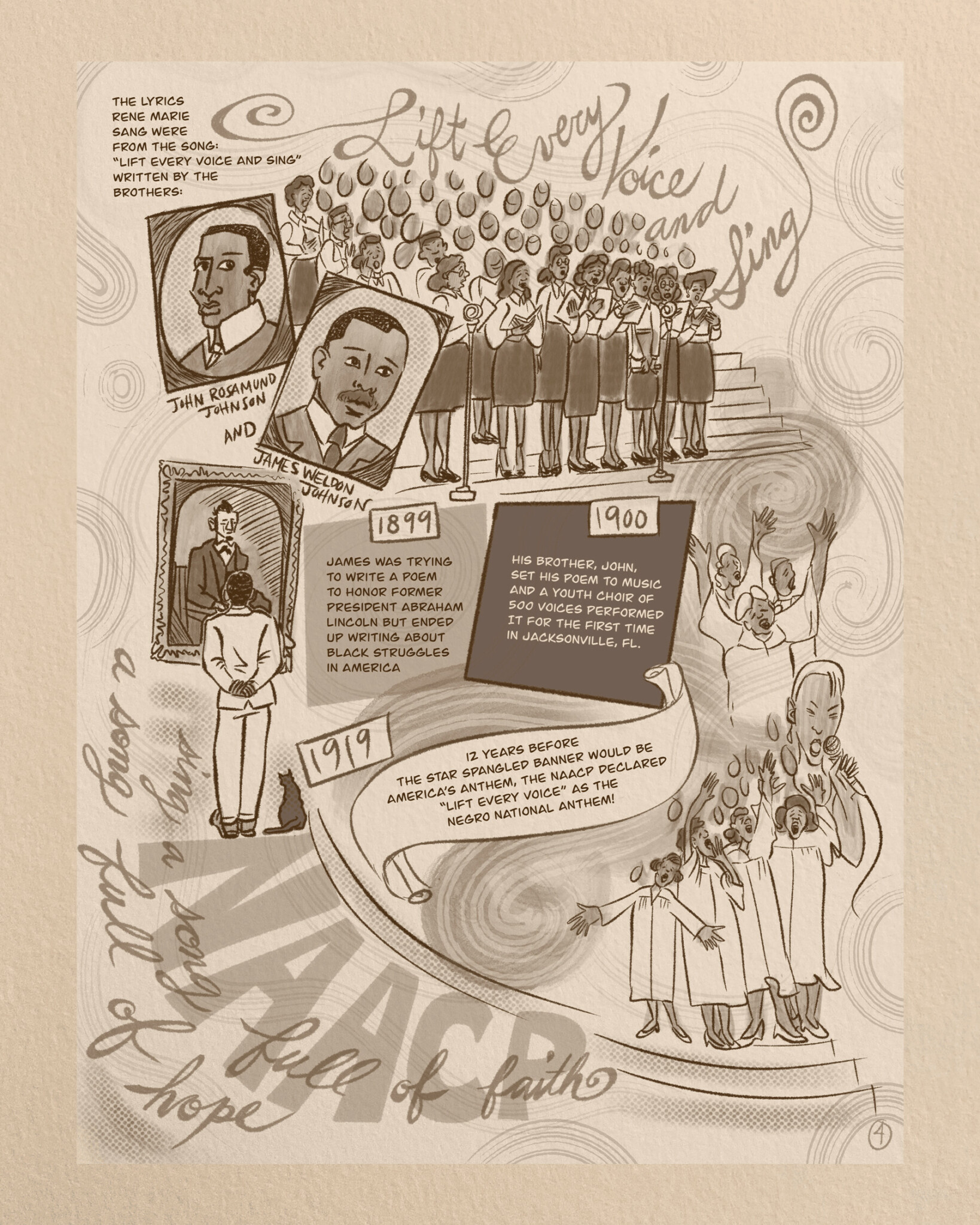
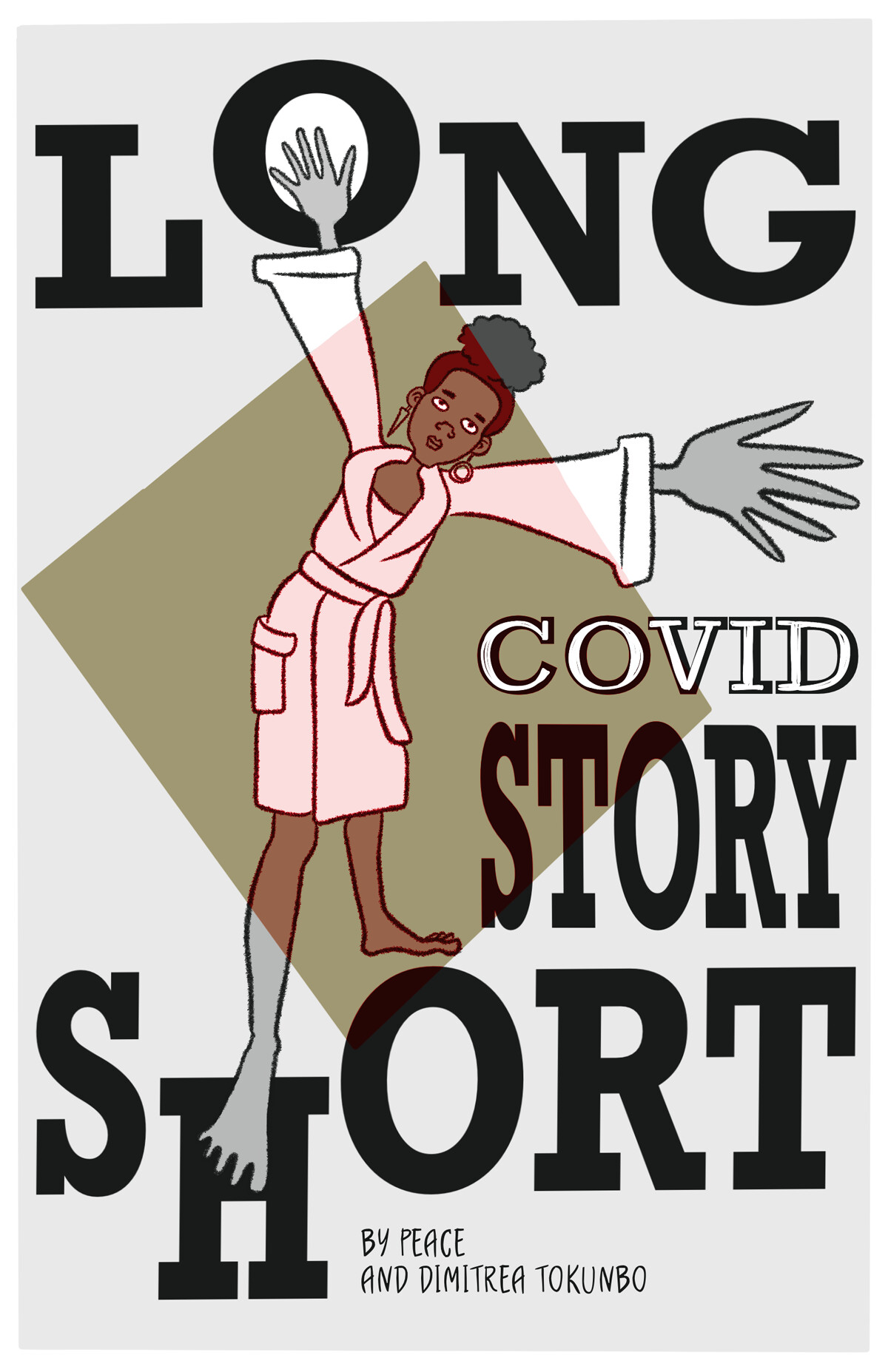
What do you find most rewarding about being a creative?
Rewarding aspects of being an artist, for me, are the opportunities for expansion and connection. When people see themselves in my work and are moved to share their stories with me, I feel I have tapped into something real, something meaningful. When I am working on a project and parts of the world open up to me, parts that I didn’t know or maybe weren’t even on my radar, I feel alive and energized. Knowing that my artistic expression and curiosity link me to other people who appreciate the wonders of the world and art gives me hope.
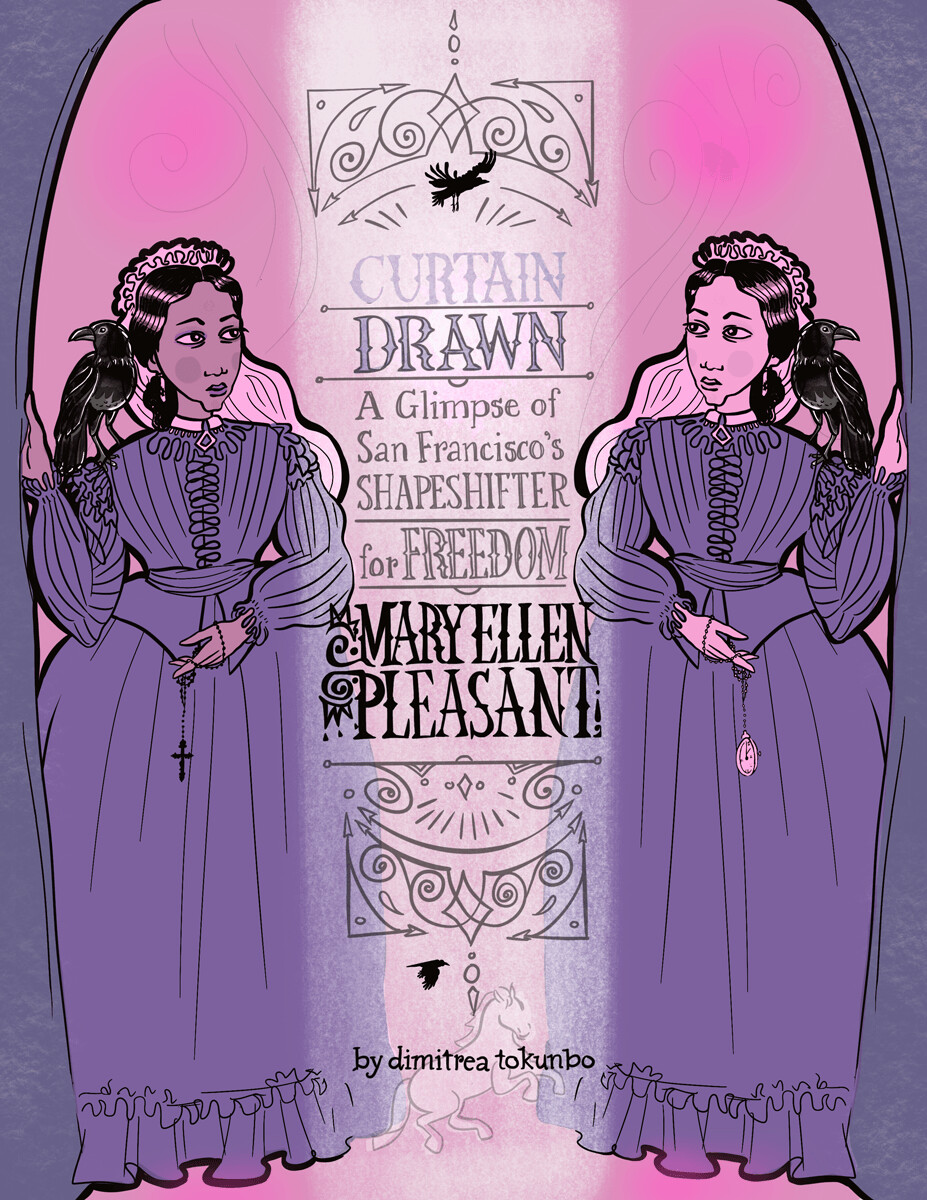
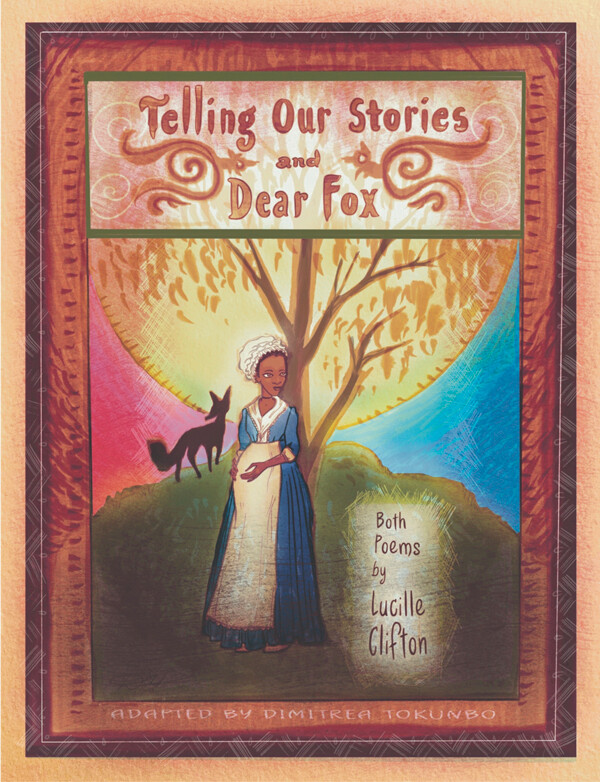
I think one of the things I care about in creating the kind of art that I do is my desire to make stories accessible. As I have mentioned in my personal experience, libraries and librarians have been important to my development as an artist. Going to the library, gave me a chance to be inspired and encouraged to dream beyond my circumstances. There is an inherent generosity in the way libraries have been set up that allow me to engage with communities beyond my own. Adding my artistic contributions to public libraries makes me feel that I am part of a larger legacy……and maybe someday someone will see, hear or read something I’ve created and feel better about their own ability to belong and contribute.
Contact Info:
- Website: https://dimitrea.com
- Instagram: https://www.instagram.com/comix.dimitrea?igsh=NTc4MTIwNjQ2YQ%3D%3D&utm_source=qr
- Linkedin: https://www.linkedin.com/in/dimitrea-tokunbo-a422a5100
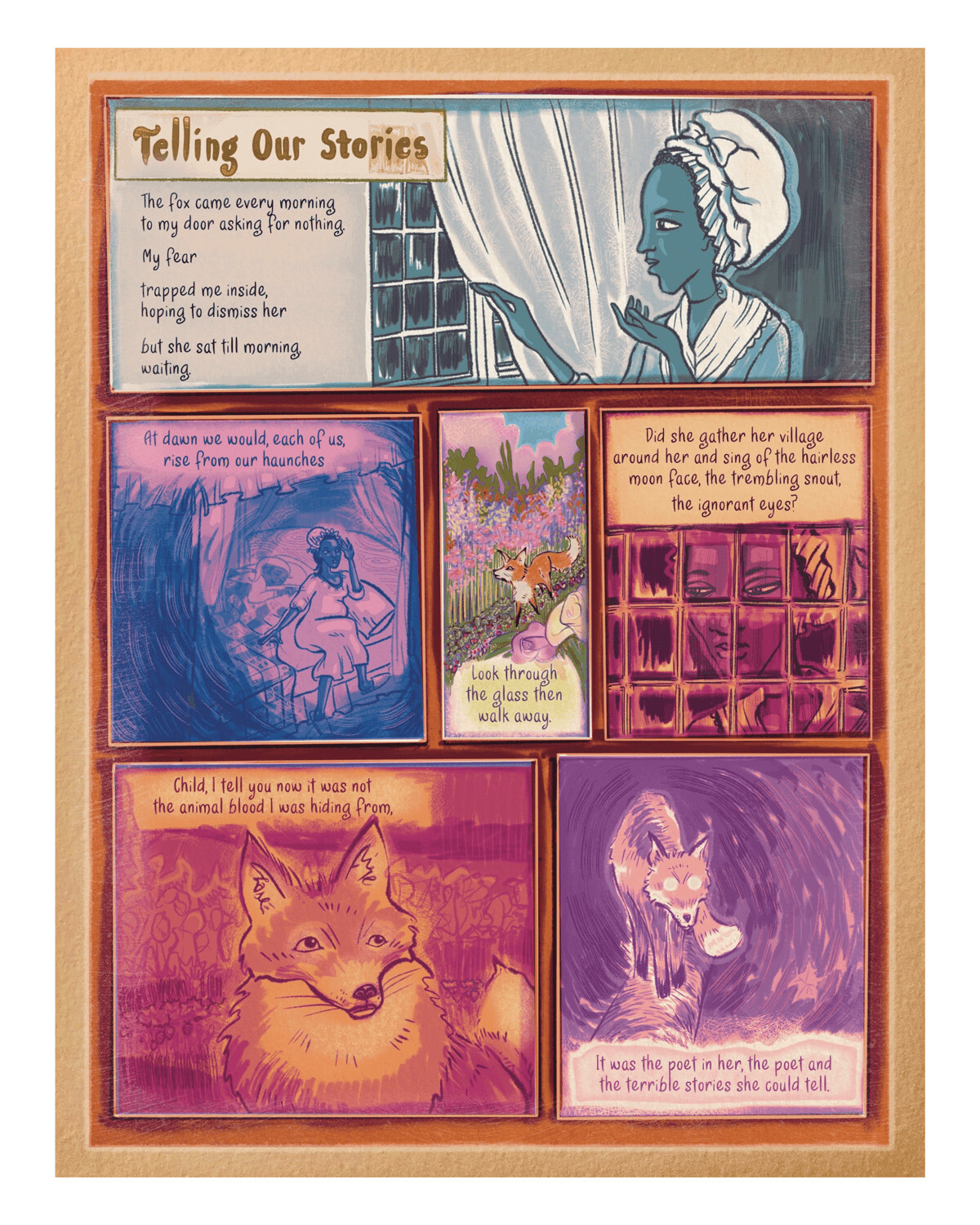
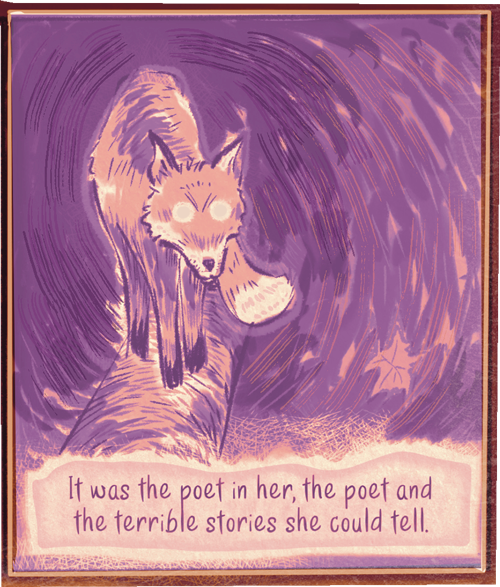
Image Credits
photo credit – Bryon Lindsey
all artwork is by Dimitrea Tokunbo


